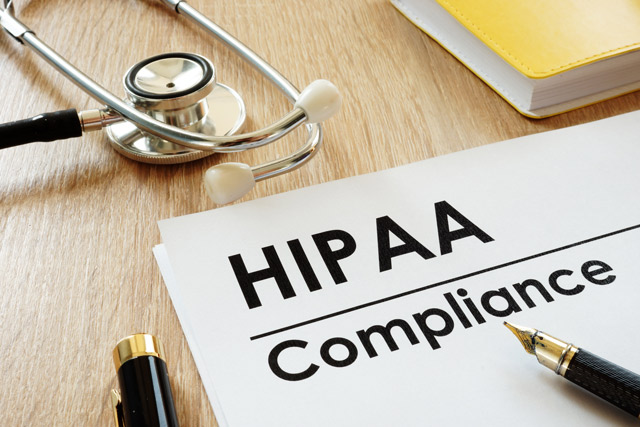
At some point in your life, you will walk through the doors of a hospital. And, it seems as though every time you need to, you will inevitably be bombarded by paperwork. You must check this box or place your initials here, and subsequently spill your whole health history. You might be able to write a whole book about it! Who really has any time then to actually read through what they want you to sign? Does anyone truly understand what they are signing?
Likely, you are not reading and understanding 100% of what you are signing in your doctor’s office. More importantly, you might not know all of your rights as a patient in Scottsdale. Some of your rights as a patient are federally mandated laws, while other rights are particular on a state level to Arizona.
What rights as a patient do I have that are federally mandated?
The federal law has mandates for medical patients. The Health Insurance Portability and Accountability Act of 1996, otherwise known as HIPPA is what keeps your medical information safe and secure.
By federal law, you have the right to have a copy of your medical records. They are also to be kept private. This law is called the Privacy Rule. This federal rule protects your medical records and sets limits to who has access to them. There is also the Security Rule, and this protects your medical information electronically.
A few things to note about accessing your medical records:
- Even if you have not paid your medical bills in full, you cannot be denied access to them.
- However, you can be charged a reasonable for printing and mailing out your medical records.
- A healthcare provider can share your medical information with another provider as needed for treatment and with your permission.
- Psychotherapy notes that are taken during a conversation with a mental health provided are not required to be shared with you
- If you believe your doctor needs to make a correction to your medical record, you can request that it be amended.
In Scottsdale, you have the rights to your medical records by written request. You have the option to submit a release form, but submitting a request in writing is the fastest way to obtain your records.
Keep in mind, there are some circumstances where your request can be denied. These circumstances include:
- Release of your medical records could threaten the life or physical safety of a patient or another person.
- The records contain information that was obtained under a promise of confidentiality with a person other than the healthcare provider.
- If your request is denied, the healthcare provider must give you a written statement regarding the denial and make a note in your medical records as well.
What rights do I have regarding my employer?
There is a relationship that goes on between your employer and medical records. The Privacy Rule also oversees how your medical records are shared with your employer. The Privacy Rule does not pertain at all to your employment records, even if those records contain your medical information. An employer is allowed to ask you for a doctor’s note due to an absence, however they cannot directly ask your healthcare provider for further medical information.
Can I have a personal representative?
If you feel as though you need additional help, in some cases you can have access to a personal representative. This representative, appointed by you, can receive and review a copy of your protected health information.
A personal representative might also be used in cases where a minor is present or the medical records pertain to a deceased individual. Each scenario may be bound by legal proceedings.
Why do I have to sign the HIPPA form at the doctor’s office?
By law, your healthcare provider is required to inform you how your medical information will be shared. When you sign the HIPPA form, it does not mean that you are agreeing to any special uses or sharing of your medical records. You can refuse to sign this form and your healthcare provider must keep this record of refusal.

What is in the HIPPA notice?
Should you choose to sign the HIPPA notice in your doctor’s office, here is what is it providing:
- It explains that you must provide permission for the provider to share your information.
- In accordance with the Privacy Rule, it states how your provider will use and disclose your medical information.
- The duty of your healthcare provider to protect your information.
- Your right to complain to HHS if you feel your rights have been violated.
- How to contact an organization to make a complaint.
Why is having access to my medical records important?
Having access to your own medical records is vitally important. Here are a few reasons why:
- You can verify and acknowledge that your medical records are both complete and accurate. If something is wrong, you should seek a correction immediately.
- You can have control over your health history. You can choose to share it with your current healthcare provider and be more efficient.
- Tracking your health is also important. You can follow your lab results, medication lists, referrals and ask better questions to make even better healthcare choices.
Bottom Line
Your rights as a patient in Scottsdale are important. You should know how your medical records are being used and how to use them to your advantage. Whether the law is federally mandated or local to Arizona, knowing your rights will leave you less vulnerable.
Comments are closed.
